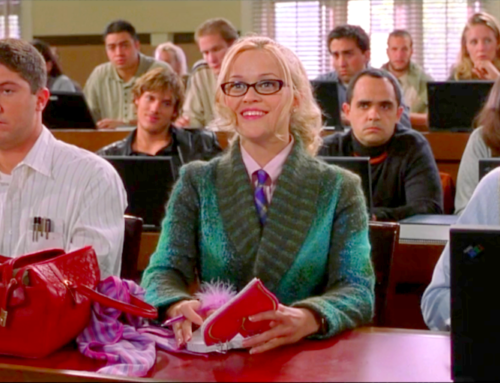It’s almost that time of year again–time for college hopefuls to buckle down and write the scholarship essays that will pave their way forward without crippling student loan debt. That’s the dream, isn’t it? For some kids, it’s a reality. I was one of those kids that applied to every scholarship I qualified for, even if that meant late nights and putting off calculus homework until the morning bell. I was lucky that my hard work, and frankly my luck, helped me graduate from undergrad without any debt. Now, I help judge scholarship essays to make that a reality for other students.
I’ve read essays from try-hards like myself and people who clearly didn’t read the instructions, but here’s the best advice I can give you on succeeding:
Don’t apply for scholarships you don’t qualify for
I know you’ve heard people tell you “it can’t hurt to try” but sometimes it can. Especially when applying for local scholarships, use your time to apply for ones that you actually qualify for. If it says it’s for women, don’t apply if you’re a man. If it says it’s for athletes, don’t apply if your only extracurricular is the chess team. And if it requires community service, don’t lie and make up a mission trip. It will come through on the application. It’s a waste of your time, and our time, and it is very frustrating to waste time. There are a ton of scholarships you will qualify for, so why not focus your time on those? They’ll actually pay off in the long-run.
Read the instructions very carefully
Do not start writing your essay or filling out the application until you have read the instructions completely at least twice. See above about not applying when you don’t qualify, but you also want to be aware of word count, themes and restrictions before you begin crafting your masterpiece essay. It’s a lot easier to tweak as you go if you know the parameters, but it’s pretty hard to completely recraft an essay or cut it in half if you didn’t read the instructions carefully.
I also recommend reading the instructions again after reading your finished essay and making sure it fits. Sometimes, you can just tweak an opening paragraph or final line to make it perfect.
Have someone else copy edit for you
This is a good piece of advice for any writing you do. You’re the writer, the author, and by the time you finish, it’s hard to look at it objectively, even if you think you can. Have someone else read it for you–aloud is great!–and look for typos, punctuation errors, or issues of clarity. They don’t have to be a professional editor. You’re not looking to publish this in the New York Times–but even the Average Joe can catch a misspelled word or missed question mark. Family, friends, and teachers are great resources for this. They can offer some thematic insight, of course, but I really recommend having them read for typographical and grammatical errors as well. Those always stand out to the judging committee—even if we don’t mean them to!
Use your own voice–we don’t expect you to have a PhD at 17
A recurring theme I see with essays from high-achieving students is a desire to sound like an astute philosopher from the 18th century instead of a high school student in the modern day. Use that vocab, yes, of course, but we’re offering this scholarships to high school students because we like high school students and want to hear from them about their lives. Letting your parents write your essay (we can always tell) or overusing a thesaurus or teacher to mold the essay into sounding like it was written by a monk instead of a soccer player isn’t going to work out for you.
For example, when talking about community service, you can simply say, “I found it extremely rewarding to see the tangible results of my hard work being served to people–I helped people get fed that day, and I saw how my time could be used to really change lives” instead of “My countenance was uplifted upon seeing the fruits of my labor bear nutrition for the poor through but mere hours of my own toil.”
One of those shows me you care about giving back and truly learned something, the other shows me that you are actually trapped into a Dickens novel.
Talk about unique experiences
Alright, I’m going to be blunt here, but it had to be said. Essay judges can tell when you’re lying–you didn’t go to the moon or cure cancer–but we can also be kind of bored reading the same stories about mission trips and once-a-year trips to Thanksgiving Soup Kitchens. So if you want your essay to stand out, talk about unique experiences. Approach things from a new way–talk about unexpected outcomes, experiences you initially fought back against, or things you weren’t the best at. We love to hear these unique stories and they make you stand out in the best way!
No matter what essay you’re writing, I wish you the best of luck. There are scholarships out there that are perfect for you, and now you have the tools to win them.












